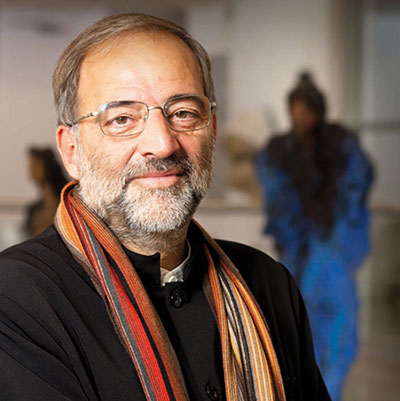A drug that held out as a promising autism treatment is no better for social skills than a sugar pill.
That’s the conclusion of new research on bumetanide, a diuretic used for water retention.

Dr Yehezkel Ben-Ari has dismissed a critical new study on his autism trial drug bumetanide
A team of Dutch researchers at University Medical Centre (UMC), Utrecht, conducted the new study.
Led by psychiatrist Dr Hilgo Bruining, the team said bumetanide had ‘no superior effect’ on the social skills of autistic children trialled on it for 91 days.
The trial also showed no improvement against measures of challenging behaviours and sensory issues.
Earlier studies
Previous work suggested the drug may improve core symptoms of autism.
The Dutch researchers refer to these symptoms as “pervasive deficits in social communication and interaction, with restricted patterns of behavior or interests and atypical responses to sensory stimuli”.
They add: “Children with ASD often exhibit associated symptoms including hyperactivity, seizures, and irritability.”
They found that bumetanide might only have some effect on repetitive behaviours for a ‘subset’ of children.
Bruining said work should now focus on which subset of children may benefit.
Research has ‘major flaws’
Dr Yehezkel Ben-Ari is the president of French biotechnology firm Neurochlore.
Neurochlore holds the rights to bumetanide as an autism treatment.
In an email, Ben-Ari dismissed the findings of the Dutch study as having “major flaws”.
He wrote that “many of the children might not have met the full criteria for autism or were not severely enough affected”.
Ben-Ari said the children “must not be considered as representative of the spectrum of ASD persons”.
Chemical messenger
Scientists believe bumetanide may work by affecting a chemical messenger, gamma-aminobutyric acid (GABA), thought to be important in autism.
The study took in 92 autistic children aged from seven to 15 years old.
It included only children with an IQ of more than 50.
The researchers gave one group of children bumetanide, and gave another an inactive dose.
The research was published in the Journal of the American Academy of Child & Adolescent Psychiatry.
Related:
Published: 21 September 2020















